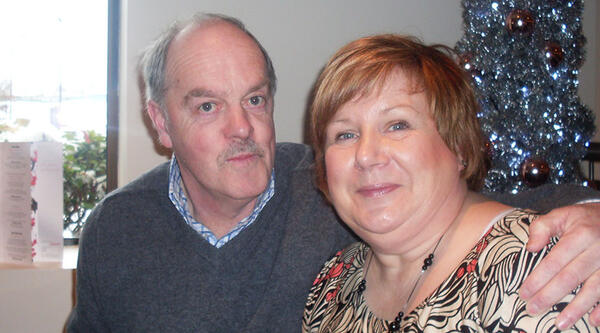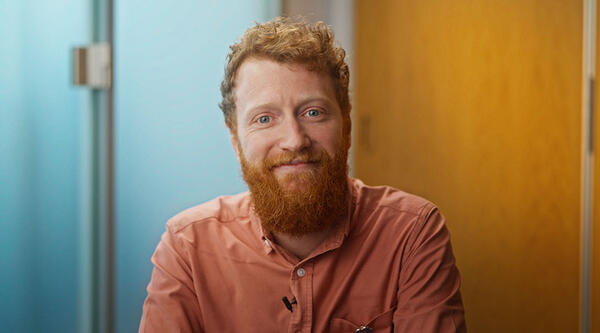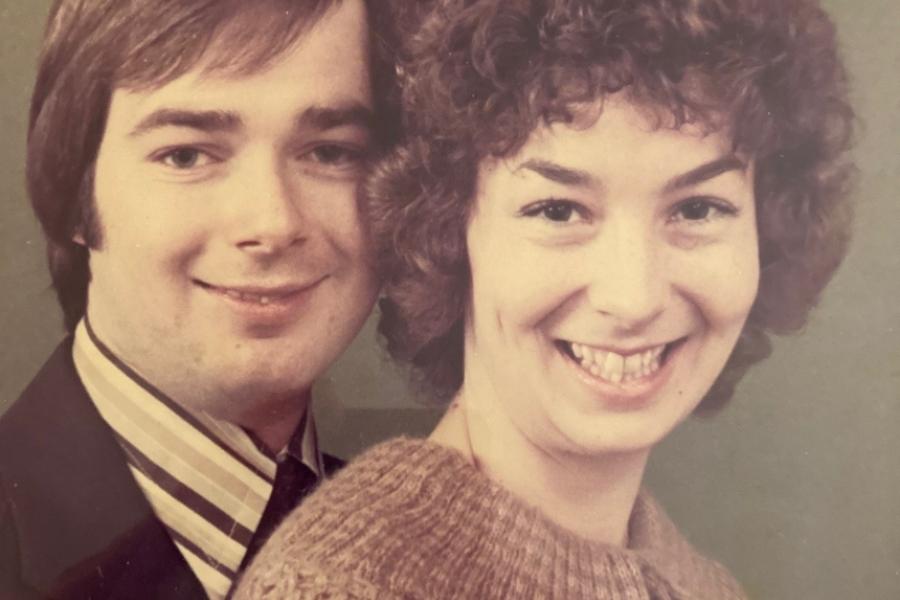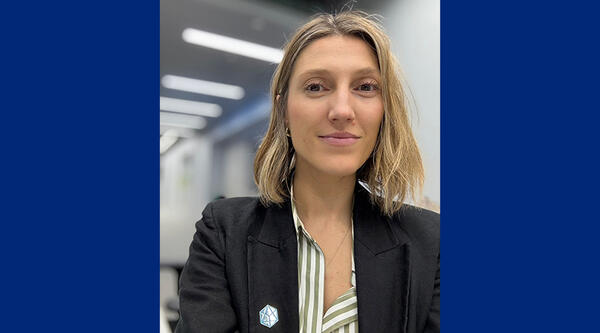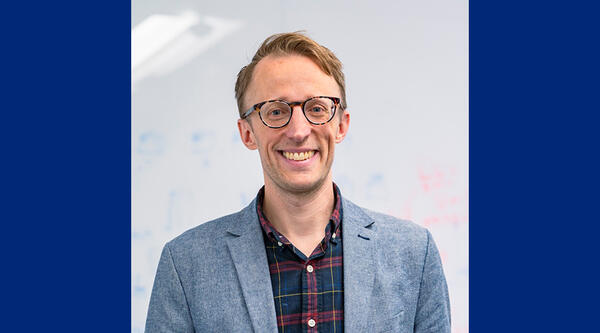Dementia Voice: Sue Boex's story
Sue Boex has been volunteering for Alzheimer's Society for over 10 years and is a Research Network member. Find out more about what she does and why.
‘It really highlights the need for us to carry on and do our little bit to try and improve things, to facilitate more and better research to be able to offer people hope - which is the most important thing.' - Sue Boex
How long have you been volunteering at the Society?
'I've been volunteering for Alzheimer's Society for about 10 years now - my Father suffered from Alzheimer's Disease and because he no longer recognised us, I decided for Father's Day I would raise some money for Alzheimer's Society by doing a trek to Machu Picchu in Peru in my Father's name.
It was a very moving and spiritual experience and I met other volunteers who suggested that I should join the Research Network which I did. The rest, as they say is history and I am still volunteering.'
Can you tell us a bit about your Research Network role?
'One of the highlights was attending a showing of the film "Still Alice" at Number 10 Downing Street. It was amazing to be aware of all the history taken place there, but also to see the very moving film highlighting the journey of someone diagnosed with Early Onset Dementia.'
'But I think the most rewarding thing was taking part in the SHARED study, interviewing people in their own homes and being aware of the problems and how they were coping under difficult circumstances - it really highlights the need for us to carry on and do our little bit to try and improve things, to facilitate more and better research to be able to offer people hope - which is the most important thing.'
Can you tell us some more about becoming a co-researcher?
'When a call went out for lay people to be Co Researchers for the SHARED project – I volunteered! You might ask why be a co-researcher? I thought this was a very interesting project that would highlight the problems of people with memory problems when they are discharged from hospital and also difficulties people were having afterwards with their care packages. It was also a challenge for me personally.'
'It was to be a big learning curve! The recruitment process gave an insight into how much is involved when setting up a research project. We had two training days and I was very apprehensive about these as I felt I would be out of my depth. I needn’t have worried - the training was excellent and we went through the study protocol, consent, ethics and also had training in interviewing techniques and using digital recorders.'
'The patient interviews were for me the most important and emotional part of the study, to see how people were coping with caring for loved ones who had memory and other problems sometimes with very little or limited care packages. We interviewed both patients and carers on or around discharge, again at 6 weeks and finally 12 weeks.'
'After more training our Lead Researcher guided us through the data analysis, helping us to pick up on the important points as these provided the framework for the whole analysis'
'We felt that as lay people we gave value to the research because we understood and could empathise with the patient and carer situation. We grew in confidence as we were involved in preparing presentations, writing papers, talking to different audiences about the study and our experiences. It was a worthwhile experience and I would encourage other lay people to have the confidence to take part in this type of research.'


